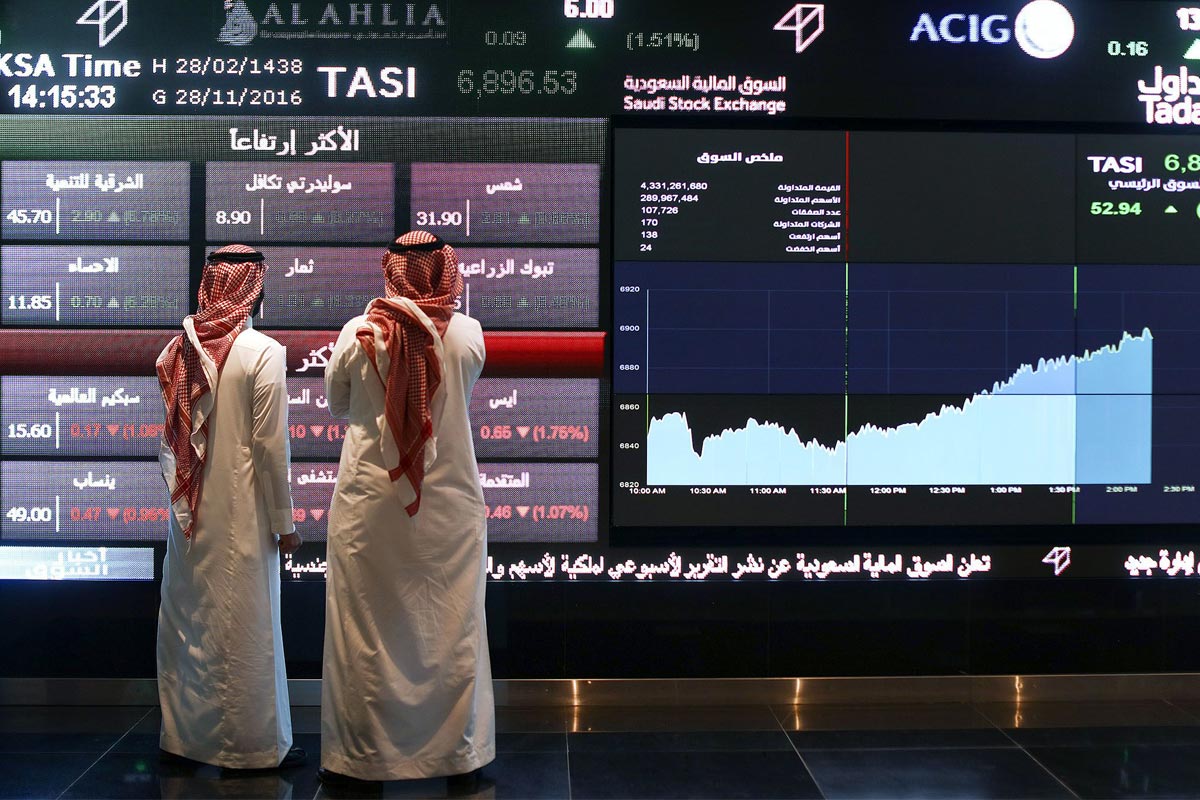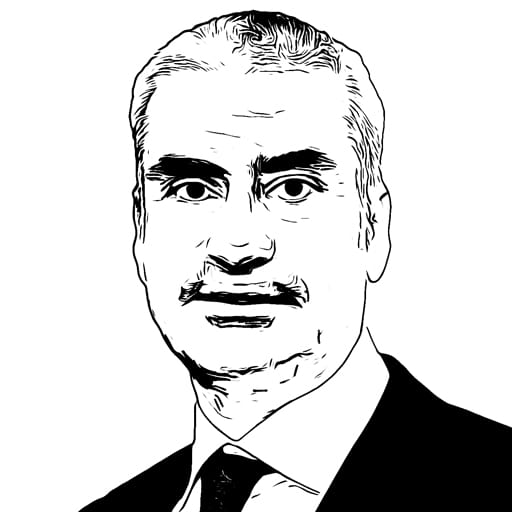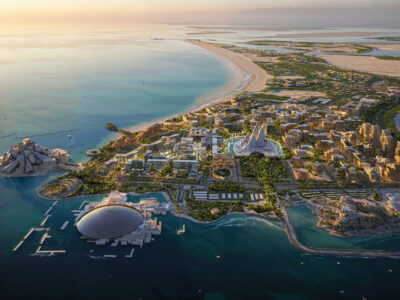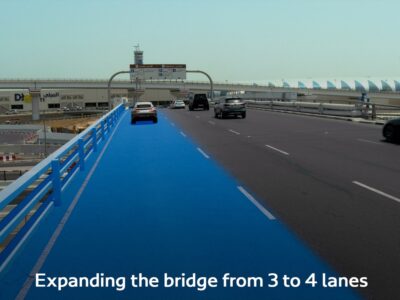Global finance stands at a historic inflection point. While macroeconomic and geopolitical headwinds continue to challenge the status quo of global trade – particularly in traditionally mature economies – an unprecedented $3 trillion in capital spending across the Gulf Cooperation Council is recalibrating the investment landscape. This massive transformation extends far beyond the region’s hydrocarbon wealth – it represents a fundamental rewiring of global capital flows.
The evidence appears in every corner of the region’s markets. This week at the HSBC MENAT Future Forum, the region’s largest private gathering of international investors, regulators, and exchange participants, panels and private meetings will converge to explore these transformative opportunities. There’s a lot to discuss – by the end of 2024, GCC exchanges reached a market capitalisation of $2.3 trillion, while bond issuances surged 71 per cent year-on-year. IPO fundraising increased 25 per cent, with robust investor demand spanning diverse sectors across both oil and non-oil economies. These statistics point to a profound shift in global capital’s centre of gravity.
Capital markets drive regional growth
Saudi Arabia aptly exemplifies this transformation. In 2024, the Kingdom listed an impressive 57 companies across diverse sectors, from healthcare leaders to technology innovators, while the UAE raised $6 billion from seven strategic IPOs. The activity in early 2025 indicates that the momentum in IPOs shows no signs of abating. The Kingdom’s success stems from a focus on developing strong, sustainable, internationally oriented regulatory frameworks and opening routes of capital to drive innovation, for example its Nomu parallel market platform, which enables smaller companies to access public markets through streamlined regulatory requirements.
The United Arab Emirates’ story is equally compelling. Ranking second globally for FDI inflows with $30 billion in 2023 and maintaining its position as the world’s leading destination for Greenfield FDI for three consecutive years, the UAE has evolved from a regional hub into a trillion-dollar capital market.
These are just two examples of how the GCC countries are tapping into all the financing tools available to channel international capital towards economic development. Indeed, the sale of a 25 per cent stake in Oman’s state energy firm represented the region’s largest IPO for over a year, and activity is set to continue under the Sultanate of Oman’s privatisation drive.
In 2024, the Kingdom saw 57 companies go public across various sectors, from healthcare to technology, while the UAE secured $6 billion through seven strategic IPOs.

But to truly understand this eastward pivot, look at the bigger picture. Together, the Middle East and Asia now command 30 per cent of global financial assets. The regions host nine of the world’s 10 largest sovereign wealth funds and eight of the 20 biggest pension funds. This concentration of capital marks a historic realignment in global finance. These regions no longer simply export capital to Western markets. Instead, they are becoming premier investment destinations in their own right.
The foundation of this transformation rests on structural reforms that have fundamentally altered the investment landscape. Across the GCC, market liberalisation has created new hedging instruments, increased institutional investor participation, and opened access for international investors. The inclusion of key regional equity markets in benchmark indices tracked by major mutual and pension funds has triggered billions in fund inflows, supporting long-term capital deployment.
What sets this evolution apart is its comprehensive nature. Each of the Gulf states are combining regulatory sophistication with technological leadership, and the region’s commitment to developing sustainable energy sources has created new investment opportunities that simply don’t exist in traditional markets.
Critics might point to previous emerging market cycles as cautionary tales. But such comparisons miss the structural changes underpinning the region’s rise. The GCC’s fixed-income market illustrates this evolution, with 2024 marking a landmark year for bond issuances. This is the methodical building of sophisticated financial infrastructure.
The region hosts nine of the world’s 10 largest sovereign wealth funds and eight of the 20 biggest pension funds

Shifting global investment trends
At HSBC’s MENAT Future Forum, the region’s largest private gathering of international investors, regulators, exchanges and market participants, the conversation has fundamentally shifted.
With over 800 delegates representing every GCC market, along with global investors and more than 25 distinguished speakers from diverse sectors, the Forum serves as a crucial platform for exploring these transformative opportunities.
For the first time, we welcome participation from the Shanghai and Shenzhen Stock Exchanges – a clear sign of Asia’s growing interest in the Middle East as a hub for capital flows and investment expansion.
Now in its ninth year, conversations at our Future Forum are taking a new avenue; beyond traditional market dynamics, this year’s discussions will focus on core themes including innovation, AI’s expanding role, and the region’s economic transformation.
For global investors, the implications are clear. The eastward shift of capital markets points to a permanent realignment of global finance. Traditional financial centres must now adapt to a world where the Middle East and Asia drive rather than follow global investment trends. The question is no longer whether to invest in the region, but how to harness the full potential of this historic transformation. Those who hesitate risk watching from the sidelines as the greatest realignment of global capital in a generation unfolds.









